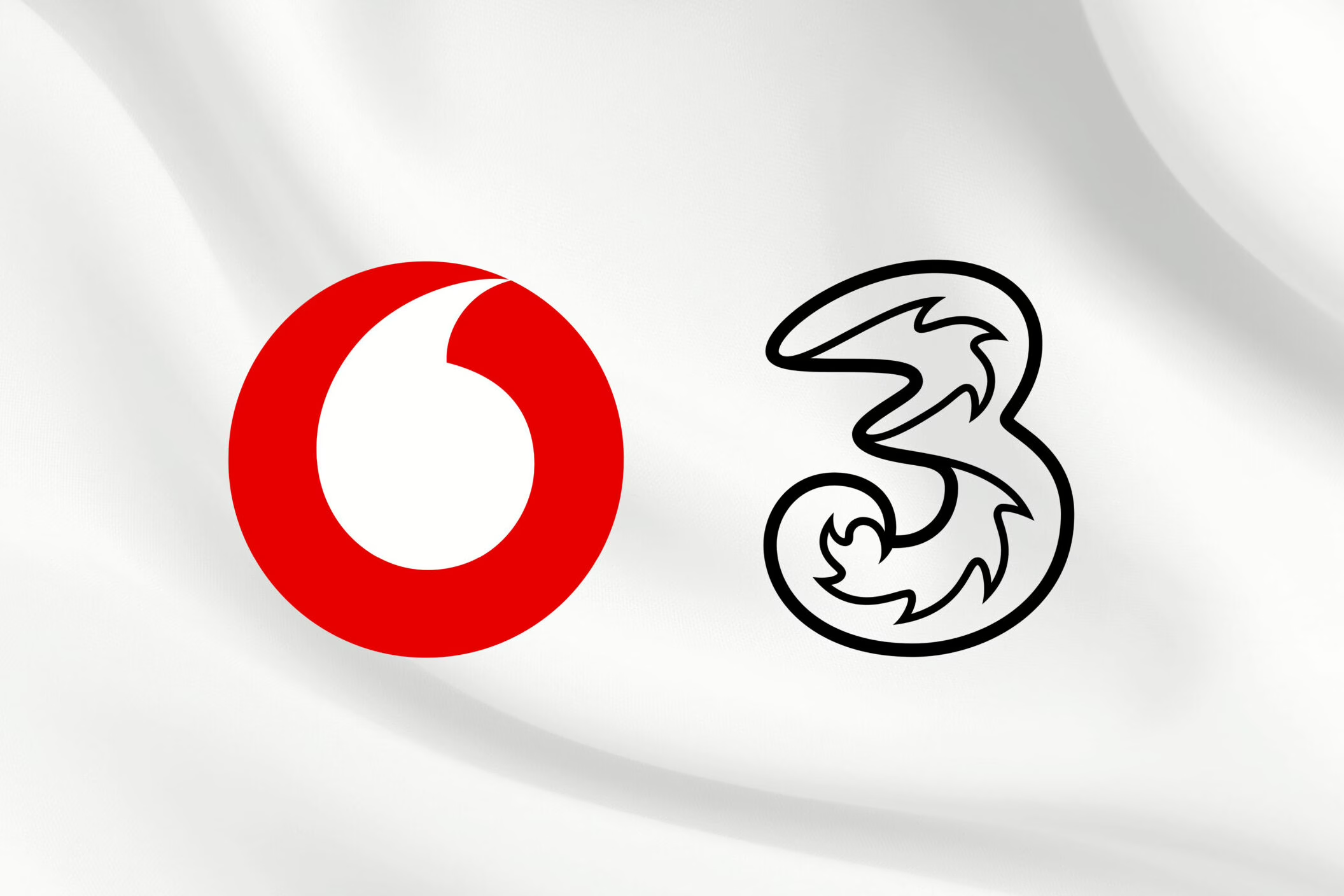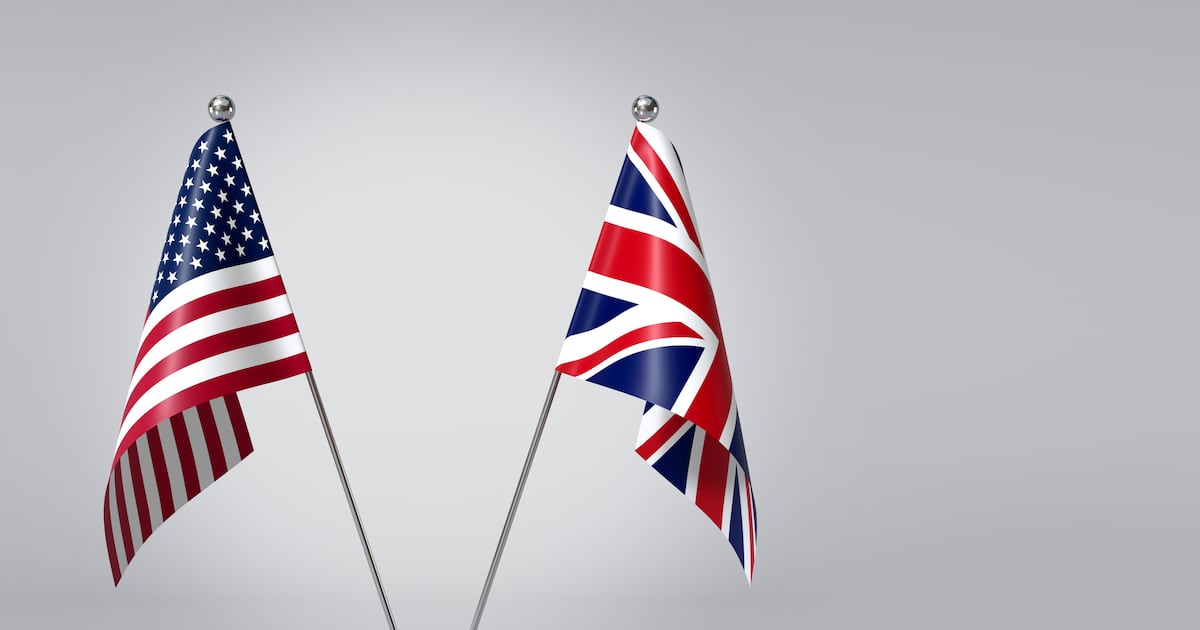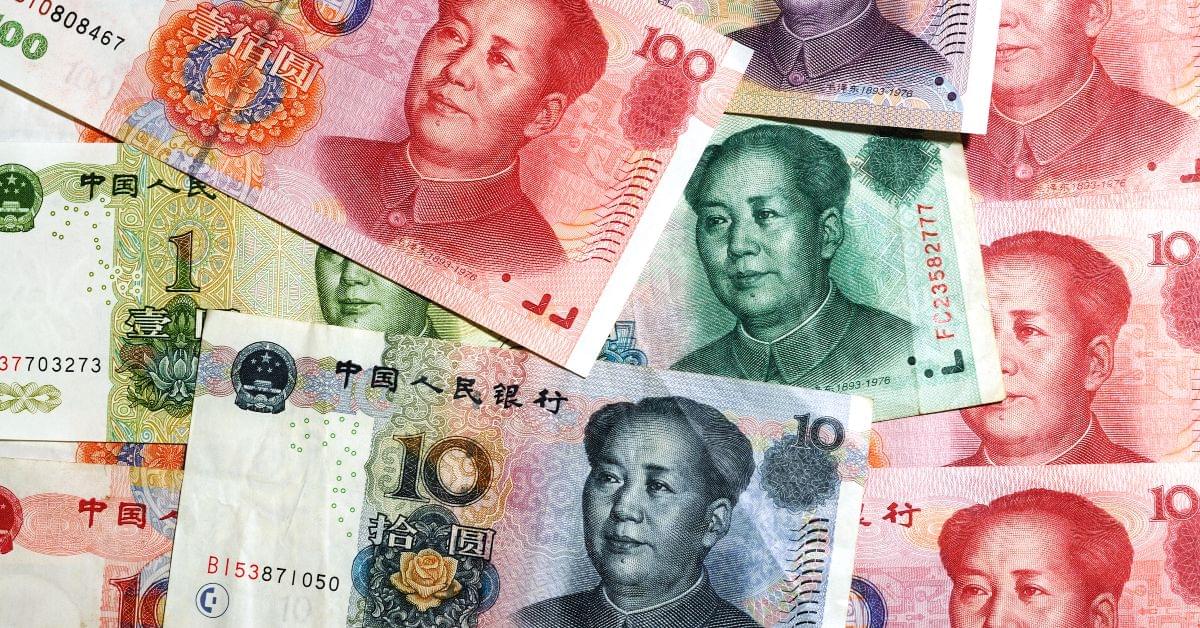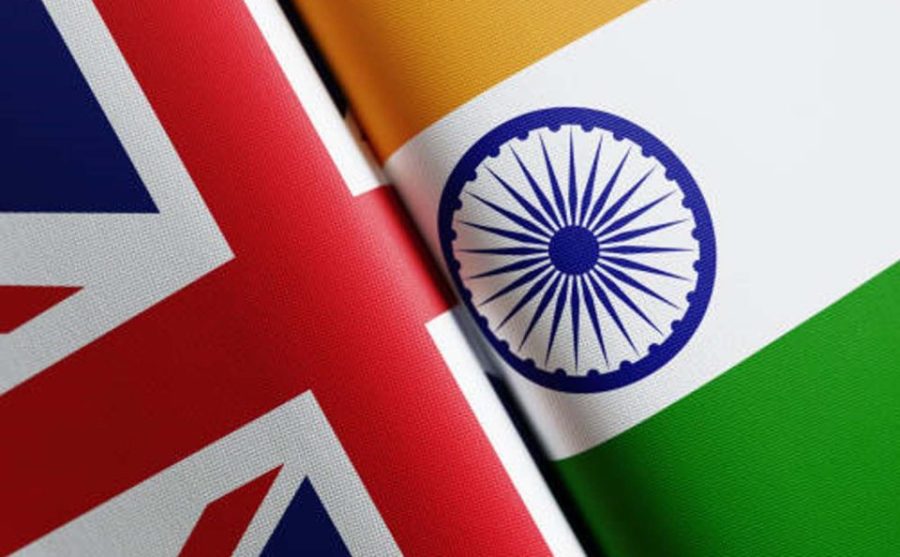The UK telecoms sector has been rocked by a seismic shift! Vodafone Group and CK Hutchison’s Three UK (3UK) finalised a £16.5 billion merger on 31 May, birthing “VodafoneThree,” the UK’s largest mobile network operator, serving 27 million customers and surpassing rivals EE and O2. This blockbuster deal pledges £11 billion over the next decade to build one of Europe’s most advanced 5G networks, reshaping the UK’s telecoms landscape and sending ripples through competitors.
Vodafone: From Military Comms to Global Titan
Vodafone’s story began in 1984 as a spin-off from Racal Strategic Radio, which launched the UK’s first mobile phone network in 1982. Rebranded as Vodafone (from “Voice, Data, Fone”) in 1988, it swiftly became a global telecoms powerhouse. Its 1999 acquisition of America’s AirTouch and the £112 billion takeover of Germany’s Mannesmann in 2000 – then the world’s largest corporate merger – cemented its dominance in Europe.
In the UK, Vodafone pioneered 2G, led the charge with 3G in 2009, and rolled out 5G in 2019. With around 18 million mobile customers, it also offers broadband and enterprise services. Globally, Vodafone operates in 26 countries, serving over 300 million customers, and has recently ventured into IoT and cloud services to drive digital transformation.
Three UK: The Young Disruptor’s Data Revolution
Launched in 2003 by Hong Kong’s CK Hutchison Group Telecom (CKHGT), Three UK (3UK) entered as the UK’s youngest major operator, named “3” to herald the 3G era. Its unlimited data plans and budget-friendly tariffs quickly won over younger users, with a 2007 move to offer free Skype calls cementing its innovative edge.
In the 4G and 5G eras, 3UK stayed ahead, launching 5G in 2019 and claiming one of the UK’s fastest 5G networks by 2020. Serving around 9 million customers, it’s known for flexible, contract-free plans. CK Hutchison’s “3” brand thrives in markets like Hong Kong and Australia, focusing on value and tech innovation.
Merger Motive: Aiming for Market Supremacy
Announced in June 2023, the merger counters fierce competition in the UK telecoms market, reshaped by BT’s 2016 acquisition of EE and the 2021 Virgin Media-O2 tie-up. VodafoneThree, with Vodafone holding 51% and CK Hutchison 49%, leapfrogs EE and O2 to become the UK’s top mobile operator.
Vodafone CEO Margherita Della Valle declared, “This is a game-changer for the UK’s digital future! We’ll deliver an unmatched 5G network, transforming connectivity for consumers and businesses.” CK Hutchison’s Deputy Chairman Canning Fok added, “This scale enables massive investment, generating £1.3 billion in net cash returns while delivering top-tier services.”
£11bn Investment to Redefine 5G
VodafoneThree has committed £11 billion over a decade, with £1.3 billion in the first year, to upgrade infrastructure and create one of Europe’s most advanced 5G networks. This pledge was pivotal in securing approval from the UK’s Competition and Markets Authority (CMA) in December 2024. The CMA, which launched a probe in October 2023, feared price hikes or reduced data allowances but was swayed by promises to maintain certain tariffs and invest heavily.
For now, Vodafone and 3UK customers will continue under their existing brands, with network integration expected to take three years. Experts predict the merged network will offer wider coverage, faster speeds, and greater reliability.
Impact on UK Telecoms Rivals
The merger reduces the UK’s major mobile operators from four to three, shaking up competitors like EE (BT Group), Virgin Media O2 (VMO2), and smaller players:
- EE: Under Pressure to Step Up
EE, with about 15 million mobile customers, leads in 5G coverage but now faces a formidable rival. Analysts expect BT to ramp up investment in EE’s 5G and broadband to maintain its edge. X user @UKTechInsider posted, “EE’s 5G speed is top-notch, but VodafoneThree’s scale and £11bn investment could shift the balance.” EE may need to roll out more competitive tariffs to retain customers. - Virgin Media O2: Bracing for Price Wars
VMO2, serving around 14 million mobile customers, relies on its broadband and TV bundles. VodafoneThree’s plans to enter the broadband and pay-TV market, as reported by The Telegraph, directly threaten VMO2’s core business. This could spark a price war, forcing VMO2 to bolster its Gig1 broadband and O2 Priority perks to stay competitive. - Smaller Operators: Squeezed Out?
Virtual operators like Sky Mobile and Tesco Mobile rely on networks from Vodafone, EE, or O2. VodafoneThree’s scale could lead to higher wholesale fees or tougher terms, squeezing their margins. X user @MobileGuruUK warned, “Smaller players risk being sidelined unless they carve out niche markets or innovative services.” - Consumers and Competition Concerns
The market consolidation has sparked fears of reduced competition. X user @premnsikka tweeted, “Four to three operators means less choice and inevitable price hikes.” Vodafone’s CEO told the BBC prices won’t rise, but analysts warn integration costs could pressure long-term pricing. The CMA will closely monitor VodafoneThree’s pricing to protect consumers.
Leadership and Future Outlook
VodafoneThree is led by Vodafone UK CEO Max Taylor, with 3UK’s Darren Purkis as CFO. The merger is expected to deliver £700 million in annual synergies by year five and boost Vodafone’s cash flow from 2029. Vodafone can buy CK Hutchison’s remaining shares in three years, potentially unifying the brand.
Conclusion
The £16.5 billion Vodafone-3UK merger is a seismic event for UK telecoms, blending Vodafone’s global clout with 3UK’s innovative spirit to drive the 5G era. However, it poses stiff challenges for EE, VMO2, and smaller operators, with price wars and service competition looming. Whether consumers will reap the benefits of faster, more affordable connectivity remains to be seen.
Discover more from “Bridging Hongkongers. Reporting Truth.”
Subscribe to get the latest posts sent to your email.




